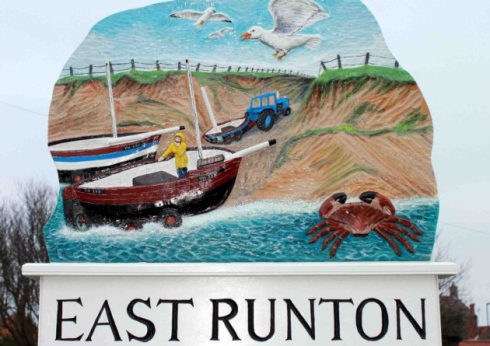 |
| Signpost of East Runton, England |
In 1911, an Anglican clergyman and educationist called Bertram Robert Hawker (1868-1952), was on his way to Australia to look after his property there. On his way, he stopped by at Rome, and was taken by British Ambassador Sir Rennell Rodd to see the Casa dei Bambini. Intrigued by what he saw, Mr. Hawker missed ship after ship in order to meet Dr. Montessori (Radice, 1920).
He returned to England and opened the first Montessori school in England in a room in his house in East Runton. Around twelve children were chosen from the local elementary school and they were taught by Evelyn Lydbetter who was one of the first English teachers to take Montessori training (Brehony, 1994).
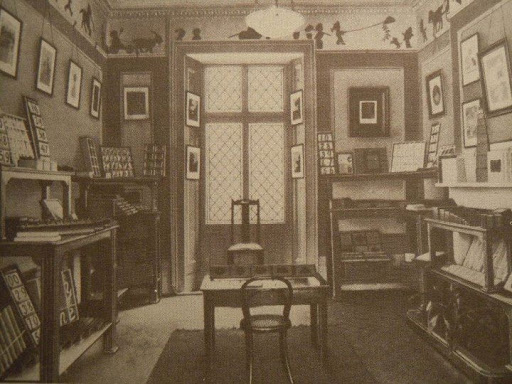 |
| Mr. Hawker’s drawing room in his home at East Runton, England |
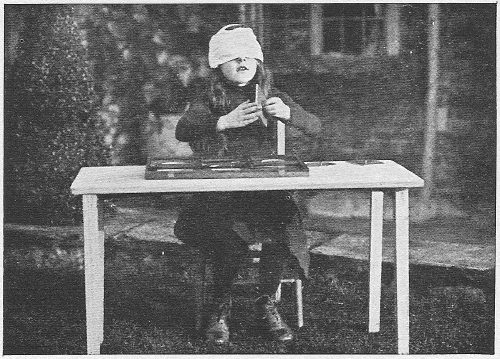 |
| Child using Geometric Cabinet tray at Mr. Hawker’s School, East Runton |
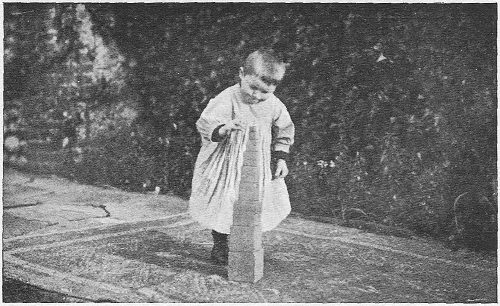 |
| Child building the Pink Tower at Mr. Hawker’s School, East Runton |
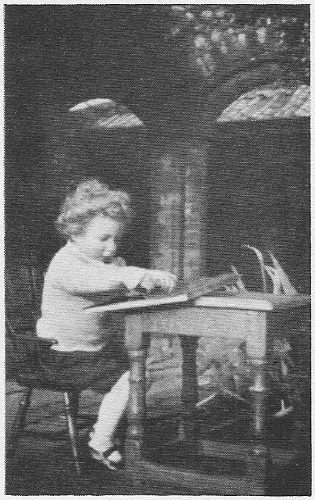 |
| Child working on Buttoning Frame at Mr. Hawker’s School, East Runton |
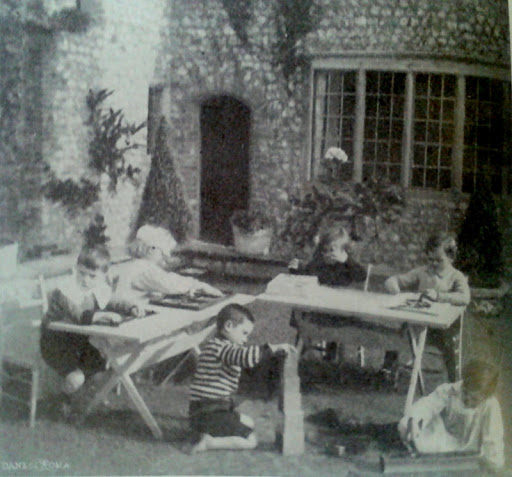 |
| Mr. Hawker’s School, East Runton |
Mr. Hawker, along with Edmond Holmes a chief inspector of schools for the Board of Education, was instrumental in forming the English Montessori Society. The intentions of the society was to arrange training of Montessori teachers for English schools, and educate both the teaching profession and the public about the method (Kramer,1988). The society soon grew to two hundred members.
The first conference was held in a real barn that accommodated 250 members, with Montessori classes at work in another barn. The conference had a wide range of speakers including Professor Culverwell from Dublin University, Sir William Mather chairman of Froebel Union, Lord Lytton the chairman of Montessori society, Ms. de Lissa the head of kindergartens of South Australia etc. The general conclusion of the conference was for “greater freedom for the children, more self-government, and responsibility, more observation and less active interference by the teacher” (Smith, 1914).
However, this conference resulted in the society to be disbanded as a result Lord Lytton’s speech, who saw the society expanding by embracing Montessori and other kindred movements (Kramer, 1988). Dr. Montessori vehemently opposed this idea, and she insisted that her pedagogical approach could not be mixed with any other educational system. This led to members of the society resigning, and Dr. Montessori herself being the president of the newly formed group.
Dr. Montessori definitely had good reasons to protect her scientific approach in order to avoid dilutions and misapplications. However, the very nature of scientific knowledge highlights its constant evolution and adaptation. If we reflected upon Lord Lytton’s words today, we could say that the future of England has definitely followed his predictions. The EYFS national framework has definitely widened our perspective as Montessorians. It has brought us in touch with other child-centered pedagogies, making our practice more rich and balanced, and yet allowing us to remain true to the core features of the Montessori approach.
And so continues what started in the small village of East Runton…
Brehony, K.J. (1994) Montessori and English Education New Orleans: University of Reading
Kramer, R.(1988) Maria Montessori: A Biography Boston: Da Capo Press
Radice, S.(1920) The New Children, talks with Dr. Montessori New York: Frederick A. Stokes
Smith, B. (1914) ‘Montessori’s Work’ in Boston Evening Transcript August 12, 1914
 Sid Mohandas is a Montessori practitioner from the UK. He received his training at Montessori Centre International (MCI), London.
Sid Mohandas is a Montessori practitioner from the UK. He received his training at Montessori Centre International (MCI), London.
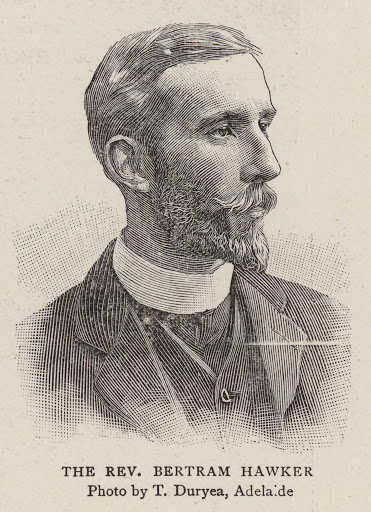
Wow ! I love reading these tidbits. It makes me realize how special it is to be part of something that is bigger than ourselves .
Wow ! I love reading these tidbits. It makes me realize how special it is to be part of something that is bigger than ourselves .
So interesting…and the history and historical photos are fascinating!
So interesting…and the history and historical photos are fascinating!